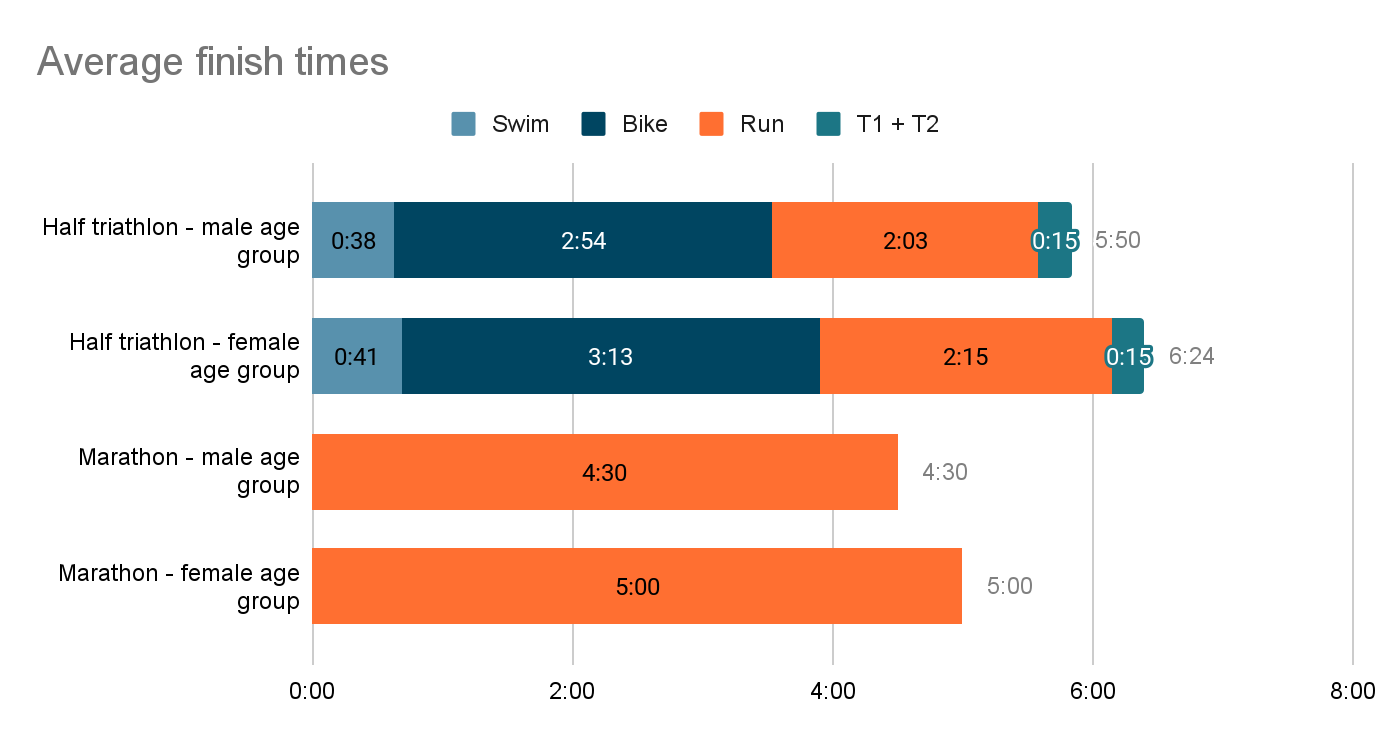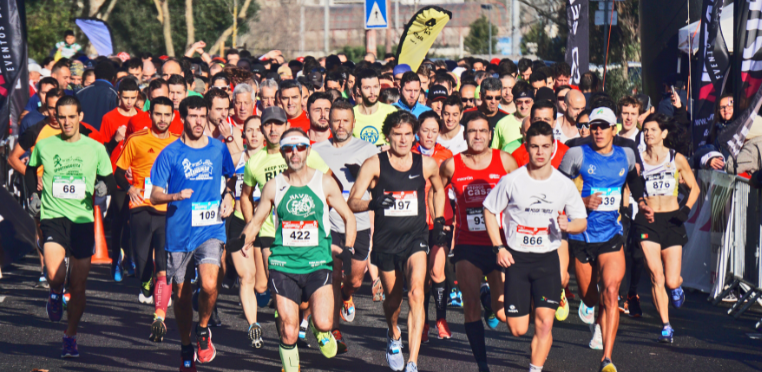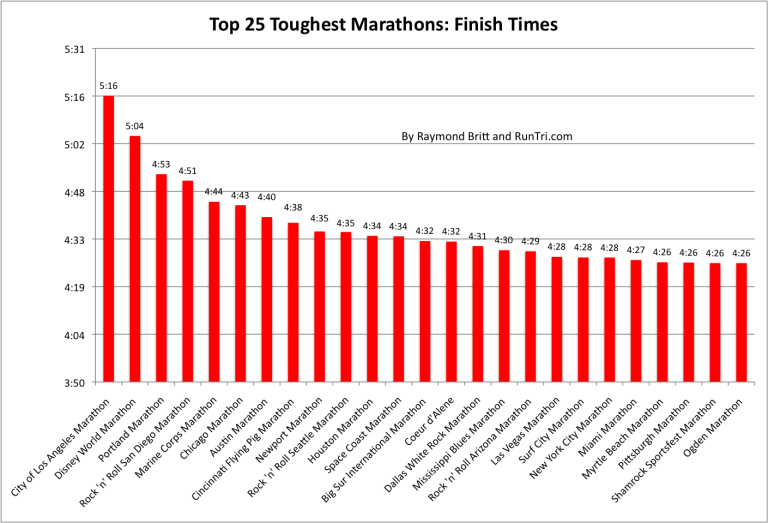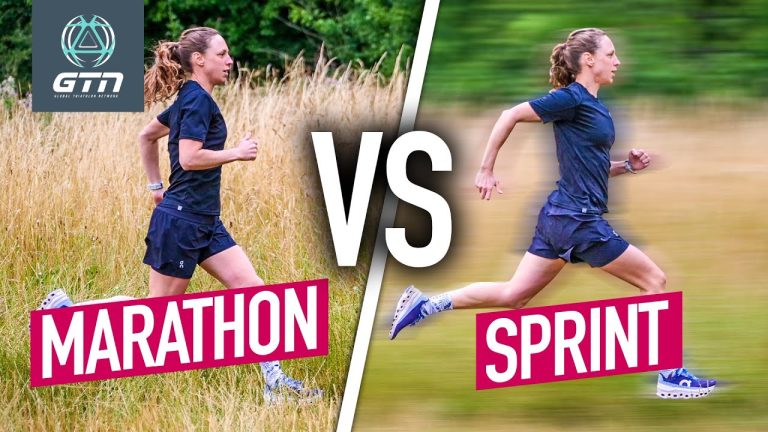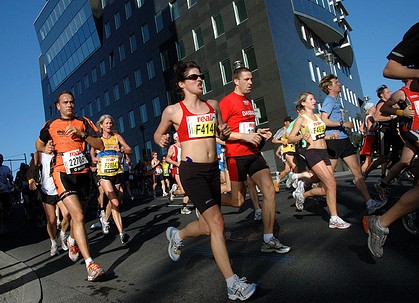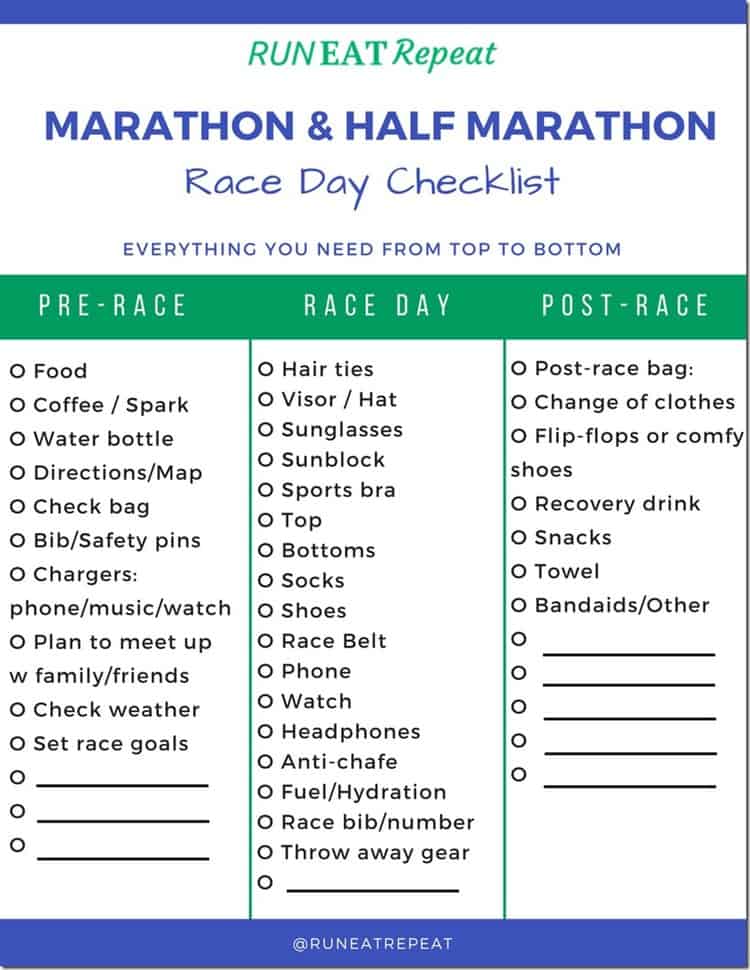Marathon Vs Triathlon
Marathons focus on running, while triathlons involve swimming, biking, and running. Both require endurance and training.
Marathons and triathlons are endurance events that test physical strength and mental resilience. Marathons are known for their emphasis on running, typically covering a distance of 26. 2 miles. Triathlons, on the other hand, combine swimming, biking, and running over various distances.
While marathons challenge runners to maintain a steady pace over a long distance, triathlons demand versatility and efficient transitions between disciplines. Participants in both events require rigorous training and preparation to complete the challenging courses. Whether you prefer the singular focus of a marathon or the diverse challenges of a triathlon, both offer unique physical and mental rewards for participants.
History
The history of marathon and triathlon sports dates back to ancient times, revealing the fascinating origins and evolution of these endurance events. Understanding the historical roots of these sports provides a deeper appreciation for the physical and mental challenges athletes face during these competitions.
Origin Of Marathon
The marathon has its roots in ancient Greece, where a legendary run took place in 490 B.C. According to historical accounts, a soldier named Pheidippides ran from the battlefield of Marathon to Athens, a distance of approximately 26 miles, to announce the Greek victory over the Persians. This iconic event inspired the modern-day marathon race, now synonymous with endurance and resilience.
Origin Of Triathlon
The triathlon originated in the 1970s as a unique combination of swimming, cycling, and running. The first modern triathlon event, held in California in 1974, was designed to push athletes to their physical limits by incorporating three distinct disciplines. Triathlon quickly gained popularity, showcasing the versatility and athleticism of its participants while captivating audiences worldwide.

Credit: www.elitetrack.com
Training
Marathon training: Focuses solely on building endurance through long-distance running.
Triathlon training: Involves a varied approach, combining swimming, cycling, and running.
Marathon Training
- Key focus on improving running endurance.
- Long runs gradually increase in distance over weeks.
- Interval training for speed improvement.
Triathlon Training
- Requires training in swimming, biking, and running disciplines.
- Brick workouts to simulate race conditions.
- Transition practice for seamless switches between legs.
Differences In Distance
Marathon and triathlon differ in distance, with the former covering only 26. 2 miles and the latter comprising of swimming, biking, and running sections, resulting in a total distance typically exceeding 140. 6 miles.
Marathon Distance
A marathon is a foot race that covers 26.2 miles in distance.
Triathlon Distances
A triathlon involves three different disciplines: swimming, cycling, and running.
Physical Demands
When it comes to the physical demands of marathon running and triathlons, it’s essential to recognize the unique challenges that each event presents. Both activities require exceptional stamina, strength, and endurance, but the specific demands placed on the body differ significantly. Let’s explore the physical demands of marathons versus triathlons in more detail.
Marathon Demands
In a marathon, endurance is crucial as runners need to maintain a consistent pace over the 26.2-mile distance, which can take several hours to complete. The body is subjected to repetitive stress on the lower extremities, including the feet, ankles, knees, and hips, making cardiovascular endurance and muscular endurance paramount for success. The ability to tolerate and recover from this extended period of intense physical exertion is essential for marathon runners.
Triathlon Demands
Triathlons, on the other hand, require versatility as participants must excel in three disciplines: swimming, cycling, and running. Cardiovascular endurance is still critical but is complemented by the need for total body strength and the ability to transition between completely different forms of exercise rapidly. Endurance is still a key element, but the demand for power and core stability is much higher in triathlons due to the addition of swimming and cycling.
Mental Challenges
Marathons and triathlons both present mental challenges, each in their own way. Marathon runners need to maintain mental focus and resilience over a long distance, while triathletes must adapt to multiple disciplines and transitions. Both events require mental strength and endurance to overcome obstacles and achieve success.
Competing in both marathons and triathlons requires more than just physical stamina. These endurance events also present a multitude of mental challenges that athletes must overcome in order to succeed. From battling fatigue to pushing through self-doubt, the mental fortitude required for these races can often be just as demanding as the physical exertion. In this article, we will explore the specific mental challenges faced by marathon runners and triathletes.
Marathon Challenges
Marathons, the ultimate test of endurance, place significant mental demands on runners throughout the 26.2-mile journey. Some of the key mental challenges faced by marathon runners include:
- Monotony: Running for hours on end can become monotonous and mentally draining, requiring runners to stay focused and motivated.
- Self-doubt: Doubts about one’s ability to finish the race or meet personal goals often creep in during the marathon, testing the mental strength and resolve of the runner.
- Mental fatigue: As the body tires, mental fatigue sets in, making it difficult to maintain a positive mindset and push through the physical pain and exhaustion.
- Dealing with setbacks: Unexpected obstacles such as cramps or blisters can quickly derail a runner’s mental focus, requiring quick thinking and adaptability to overcome.
Triathlon Challenges
Triathlons, which combine swimming, cycling, and running, present their own unique mental hurdles for athletes. Here are some of the mental challenges faced by triathletes:
- Transition anxiety: Moving from one discipline to another can create anxiety and disrupt the mental flow of the athlete, requiring quick adjustments and mental agility to overcome.
- Overcoming fear: Open water swimming and navigating crowded bike courses can evoke fear and anxiety, requiring mental strength and confidence to push through.
- Dealing with exhaustion: Triathlons can be grueling, both physically and mentally. The ability to stay mentally strong and focused, particularly during the final leg of the race, is crucial to crossing the finish line.
- Maintaining a balanced effort: Managing the mental challenge of pacing oneself throughout the different disciplines is essential for success. Pushing too hard in one discipline can lead to burnout, while conserving energy too much can hinder performance.

Credit: www.wsj.com

Credit: www.runtri.com
Frequently Asked Questions For Marathon Vs Triathlon
Q: Which Is Better For Weight Loss – Marathon Or Triathlon?
A: Both Marathon and Triathlon are great for weight loss as they involve intense physical activity and burn calories effectively.
Q: Is Marathon Training More Challenging Than Triathlon Training?
A: Marathon training focuses solely on running, while Triathlon training includes swimming, cycling, and running, making it more challenging.
Q: What Are The Benefits Of Participating In A Triathlon Compared To A Marathon?
A: Participating in a Triathlon offers the benefits of cross-training, improved cardiovascular fitness, and a sense of achievement from completing multiple disciplines.
Conclusion
In deciding between a marathon and a triathlon, it’s important to consider your personal goals and preferences. Each event offers unique challenges and rewards, catering to different skill sets and interests. Ultimately, the choice boils down to embracing diversity and finding the one that aligns with your fitness aspirations and lifestyle.

